The upfront costs associated with lithium-ion (the most popular material used in these setups) have dropped significantly as the automotive industry quickly adapts to the EV future of vehicular power. Because of this, we’re able to offer more efficient and innovative solar battery storage solutions that exponentially improve the power potential for your commercial setup.
For this piece, we will be examining a few of the key reasons that more businesses are implementing our solar battery storage solutions.
Made For Contingencies
One of the key reasons we have found commercial enterprises investing in solar battery storage is for the peace of mind and natural contingency offset. Commercial enterprises need to have some assurance that their facilities are as safeguarded from potential problems as possible.
One example of a potential problem that a solar battery storage setup can offset is blackouts or power surges. These surges or blackouts can be caused by several events and can wreak havoc on a commercial property that relies on an uninterrupted power supply. Having power set aside in a reliable format and readily available is invaluable for peace of mind and for keeping the lights on in a very literal sense.
Increasing Efficiency Capabilities
Businesses that incorporate renewable setups are already on their way to peak efficiency with their power, if you add a suitable solar battery storage solution into the mix, it increases this efficiency exponentially.
A majority of businesses will spend a significant amount of their power budget on consumption during peak periods. This excess cannot be controlled; however, the costs can be mitigated with a smart setup. Businesses that have one of our solar battery storage solutions set up can lower the overall costs of running their business during these peak times by relying on stored energy reserves.
Self-Sufficiency
A company or commercial enterprise that can espouse a green and self-sufficient energy setup will have a reputation that cannot be purchased. A reliable solar battery storage solution allows this possibility with the right setup, not only providing the air of self-sufficiency for the business but also cutting down the overall costs for running the business in the long run.
The upfront will of course vary depending on the brand and scope of the setup; however, the long-term upside far outweighs the initial costs (especially if you consider the increasing rates).
The Different Types of Solar Battery Storage
These setups come in all shapes and sizes, with different materials being used that can impact the cost significantly. Essentially speaking, these setups can be comprised of one of four types:
Lead Acid
Lithium Ion
Nickel-Based
Flow
Each solar battery storage technology has its own set of pros, cons, and price ranges.
Lead Acid: A classic, a workhorse, and based on technology that has kept this deep-cycle technology so popular for storing energy since the 1800s. Remarkably cheap to produce, rather reliable thanks to years of constant innovation, and can be recycled at the end of their cycles. Flooded lead varieties do require a little more observation and attention which can be annoying in the long run.
Lithium-Ion: The up-and-comer, the new kid on the block, and the material that is making waves across the technological industries. Lithium-ion has a higher energy density which already speaks to its efficacy over lead acid varieties.
Once the most expensive option by a significant margin, the dropping in price for lithium-ion is signifying a flux of new commercial setups will be powered a little more efficiently soon enough.
Nickel: Nickel Cadmium has a checkered reputation, not for its ample energy storing capabilities, but more in the cadmium aspect. Cadmium is erroneously toxic and is even banned in some countries for this reason. That being said, this particular battery storage solution is popular with setups and locations with extreme weather/temperatures as the substance is extremely durable.
Flow: Yet another emerging piece of technology that has our attention, a flow battery utilises water-based electrolyte liquid that flows between two tanks that use chemical reactions to store and discharge the excess energy. They are a little bulkier than the other types as they are still an emerging technology, however, we’re looking forward to seeing what the future brings for this type of solar battery storage solution.
Any Questions About What Solar Battery Storage Solutions We Can Provide?

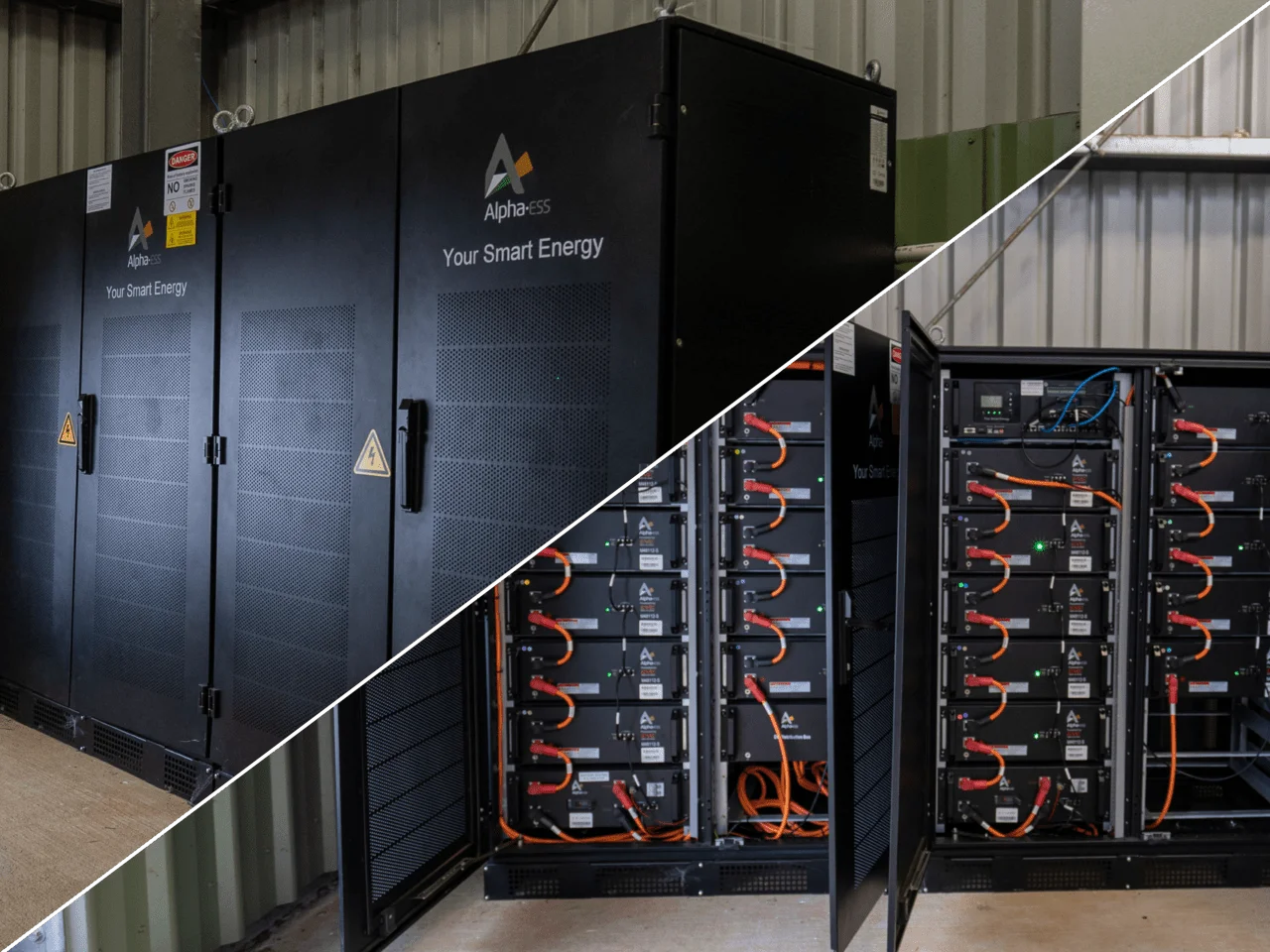
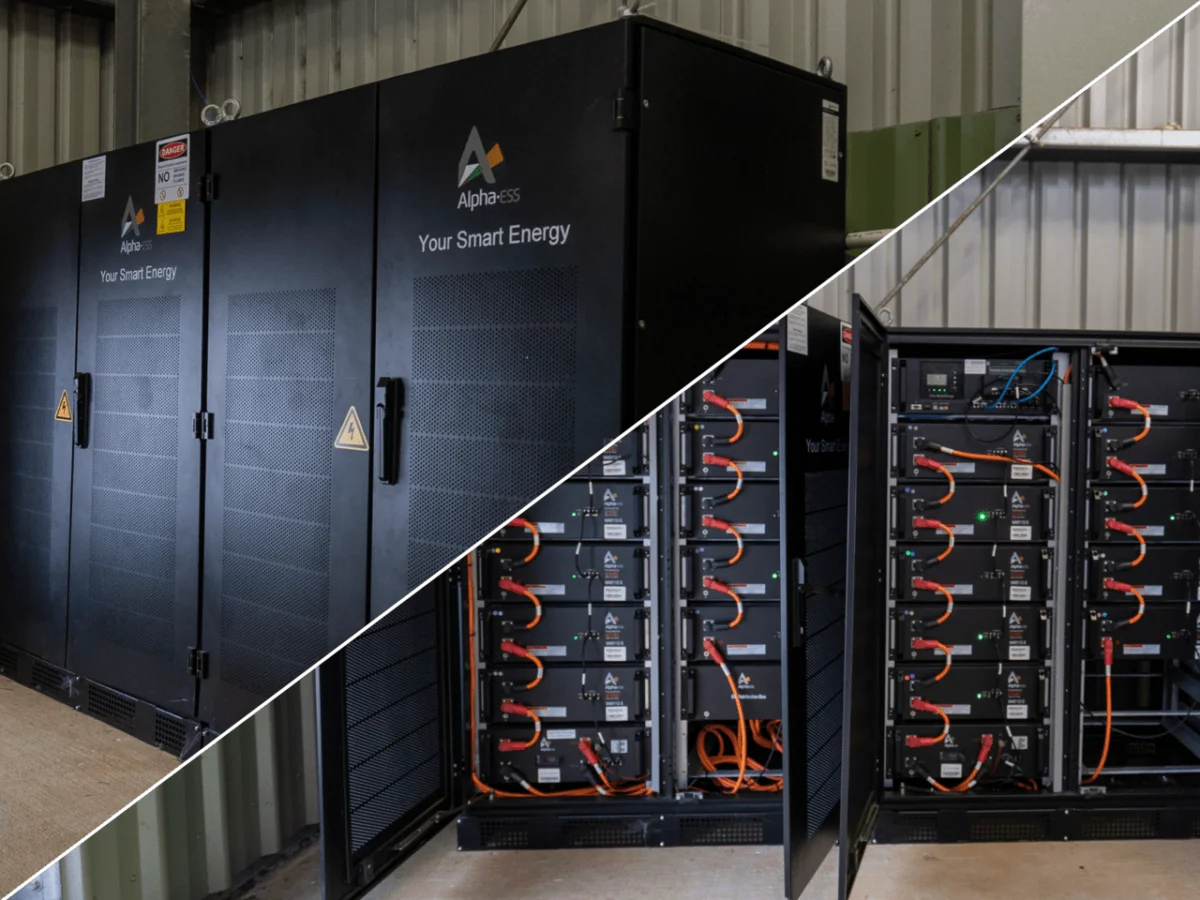
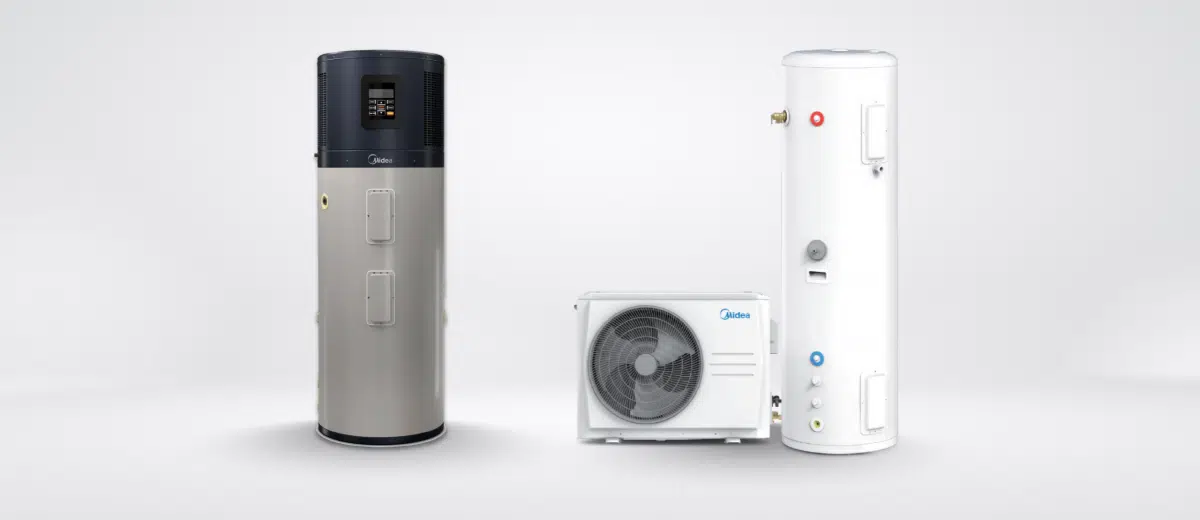
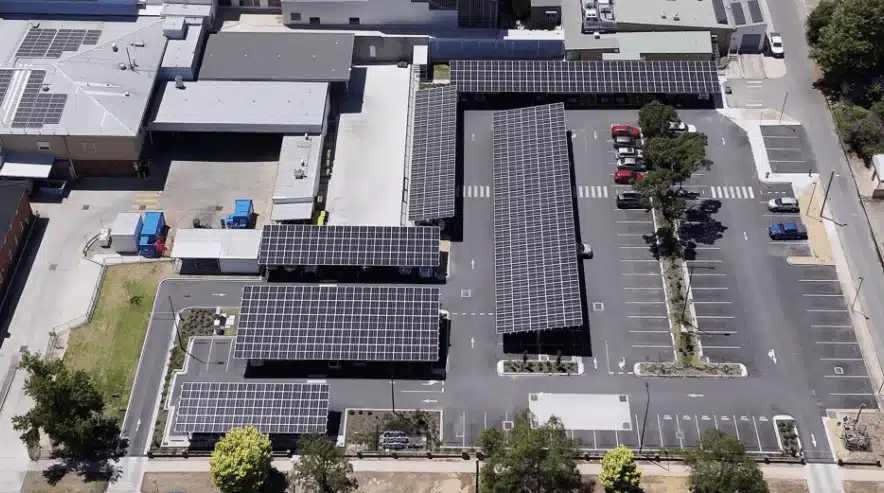






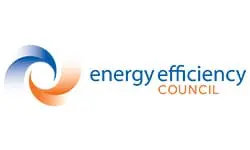

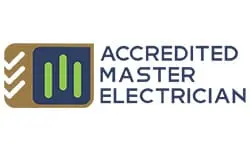
 Get Quote
Get Quote Call Now
Call Now